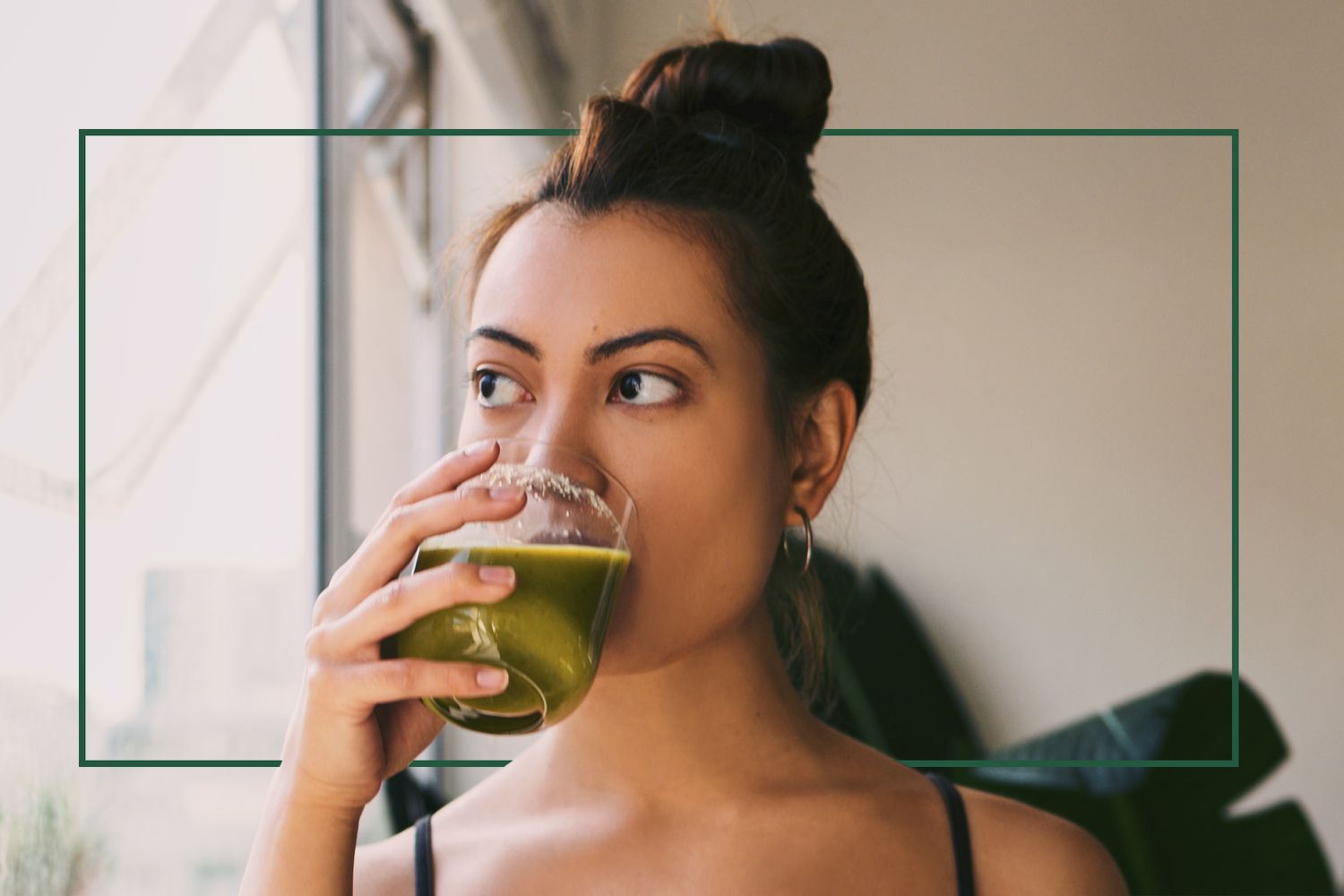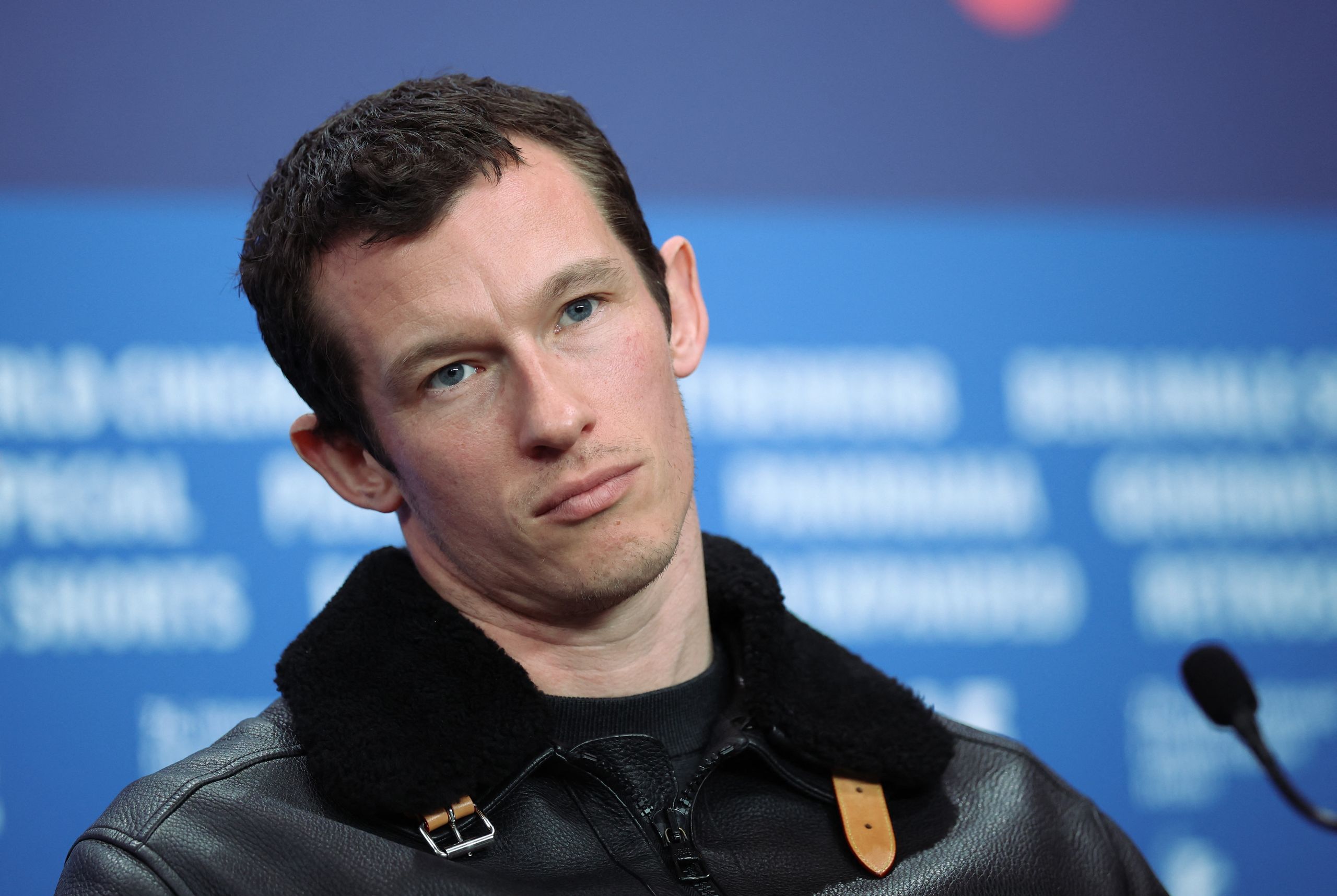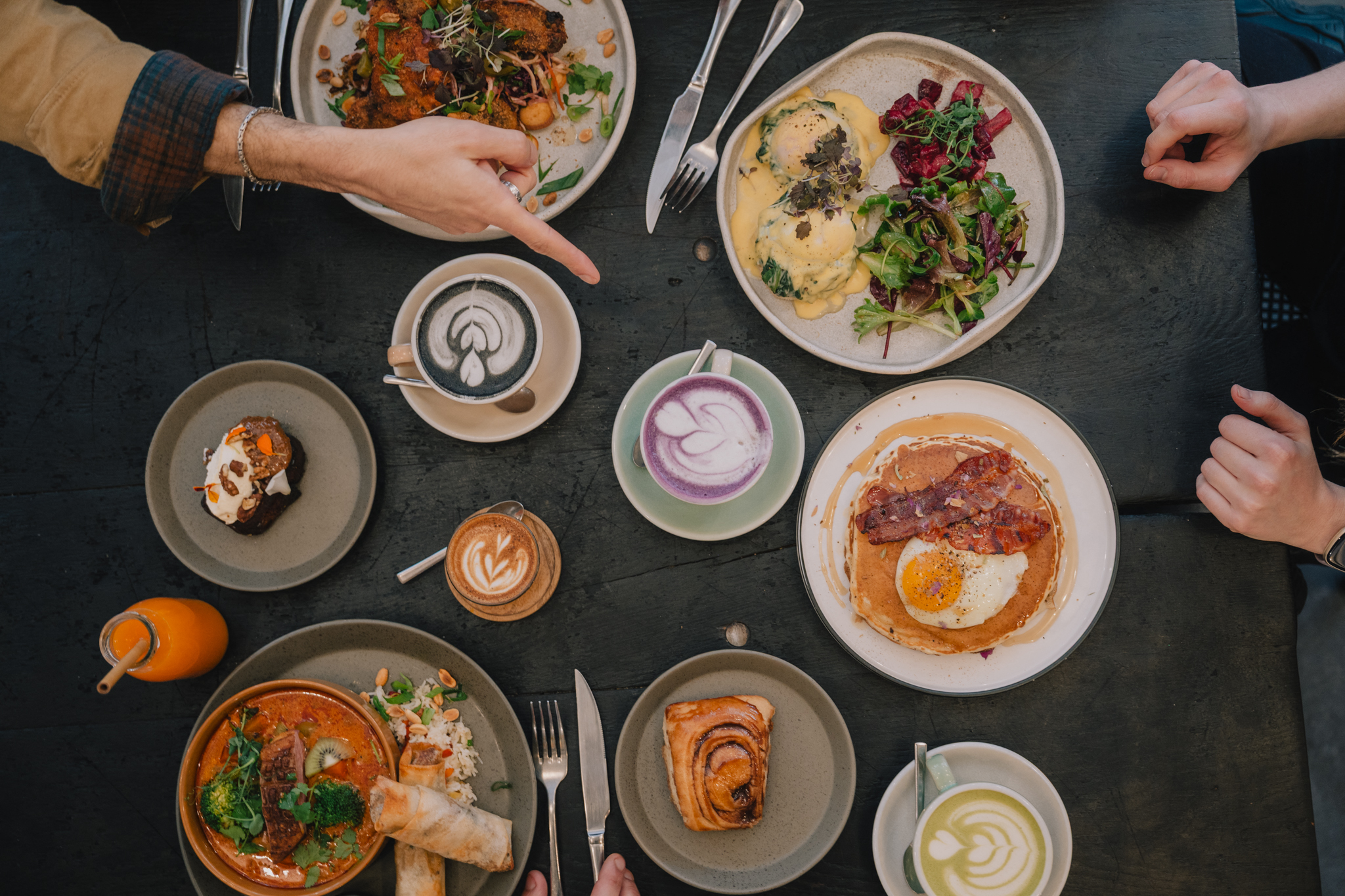The Worsening Health Paradox: Examining the Impact of Ubiquitous Well-Being Culture

The recent "well-being paradox" uncovered by a lululemon survey indicates that despite our intentions to lead healthier lives, we're actually doing the opposite. Read on to gain insight on how to negate this paradox and live a healthier and potentially longer life.
Most of us, at some point, have made good health vows, be it setting a demanding New Year’s resolution to work out five days a week in the morning or deciding to pick a salad over a hamburger when dining with friends. However, staying committed to these good intentions is easier said than done; sometimes, the lure of the snooze button or the burger is simply too strong.
According to the 2023 Global Well-Being Report by lululemon, this disparity between intention and action is not an isolated incident, and its consequences are leaving us feeling quite deflated. The company started releasing these annual reports in 2021, aiming to summarize the feelings of around 14,000 adults worldwide about their physical, mental, and social health.
It would be reasonable to assume that the first report, released in 2021 amid the pandemic, would include some optimism given the increasing focus on holistic health and greater accessibility to wellness-related information. However, in lululemon’s 2023 survey, one in three respondents confessed to be currently experiencing the worst well-being of their lives, despite two-thirds of them ranking their health as a top priority. Only 12 percent felt their well-being was where it should be.
To understand this discrepancy between our current state of wellness and desired levels, we consulted a trainer, dietitian, and psychiatrist.
Addressing this question isn’t straightforward. Gail Saltz, a renowned psychiatrist, admits, "it’s complicated." According to the Oxford English Dictionary, "well-being" encompasses general health and happiness, both emotional and physical. This multi-faceted interpretation is important, says Corey Lewis, a New York City-based former professional footballer and certified personal trainer. He warns against focusing solely on physical health, advising that mental and emotional well-being are as crucial and their neglect can impact overall health negatively.
Dr. Saltz explains that if one's mental well-being is affected - whether due to low mood, high anxiety, or other stressors - it affects other aspects, including one’s social interactions and overall health. This misunderstanding of mental well-being and the over emphasis on physical health, manifesting as dieting, sleep improvement and physical activities are some of the problems Dr. Saltz identifies. The rise in TikTok wellness trends is a contributing factor, providing potentially misleading information that may be more harmful than beneficial.
Issues such as misinformation, lack of access to evidence-based knowledge and professional help contribute to this disparity according to Dr. Saltz. Roxana Ehsani, a board-certified sports dietitian, adds that unrealistic online portrayals of wellness can set unachievable standards and affect mental health negatively.
The pandemic offered some introspection about our mental, physical, and emotional well-being. There was perhaps the hope that as the initial threat of the virus diminished, and restrictions lifted, we’d witness an improvement, right?
But in 2023, “there is no longer the belief that the pandemic is responsible for the extreme stresses many people face, whether they are financial, racial, cultural, relational or political,” says Dr. Saltz. “Those stresses are still there, but they are the current ‘normal,’ so there is not an anticipation of reprieve and there is still the impact on mental and physical health.”
As a result of less-than-stellar physical, emotional, or psychological wellness, the average respondent has missed 5 days of work or 7 days of school over the course of the past 12 months. “It does take time and money to implement many of the common healthy habits, and many people are stretched to their limits. Many people are financially strapped. Plus we’re spending a lot of time on social media, which mostly detracts from mental well-being. It’s also highly addictive, so it's difficult to cut that out to have more time for real and helpful attention,” says Dr. Saltz, on wellness goals or anything else that’s important to you.
There are signs of progress and hope, though, and those who report they are rocking their overall well-being can give us some cues about how we can all make our ambitions a reality…for real this time. Here are some strategies to try out if you're looking to boost your well-being.
Exercise with others when possible, and when you can’t, try flipping on some positive tunes to push you forward. “Movement can help boost your endorphins, powerful feel-good hormones, which can help support a better mental outlook,” explains Ehsani. Other people help keep you accountable. “Loneliness takes a major toll on well-being, and exercising with others can very much help,” adds Dr. Saltz.
lululemon’s survey reveals that about 40 percent of those in the highest well-being category are spending more time with loved ones than pre-pandemic. Those in the lowest wellness ranks? About 30 percent. “Quality relationships are what fights loneliness; a major public health issue. Close relationships are a top priority for happiness,” says Dr. Saltz.
Expressing all emotions, not just the positive ones, is another key differentiator where the well-being winners stand out, lululemon found. Being able to talk about distressing feelings offers relief from the burden, and might spur you on to seek professional support if you need it.
According to Dr. Saltz, “Keeping your emotions under wraps tends to make you feel more isolated, alone, and worse overall.” If you find that you’re experiencing any symptoms of depression, experience high levels of anxiety, or would simply like an unbiased source to talk things out with, seek out a credentialed psychologist or psychiatrist, Dr. Saltz recommends. Consider one of these 8 online therapy services, or keep these tips in mind for how to find budget-friendly therapy near you (or digitally).
Are you not sticking to your health goals because they’re simply not the right health goal for you? “The key lies in building strong habits that align with your goals. By creating a solid foundation of healthy routines, you'll develop laser-like focus and be able to navigate through any distractions that come your way,” says Lewis. Skip the SMART goals this time and instead find a FUN goal that aligns with your aims.
An April 2018 study in Frontiers in Psychology suggests that eating more fruits and vegetables might help improve your mood. If you’re feeling a bit low, try adding just one more serving each of fruits and vegetables into your day, such as a side of Brussels sprouts with dinner or a bowl of berries at snacktime, Ehsani advises. “Once you've successfully added at least one of each into your day, try to keep this up. When you feel like you’ve mastered this, start shooting for two servings of fruit and two servings of veggies each day,” she says.
As we mentioned, social media can sidetrack your intentions, but it can also offer a way to connect with others, find recipe inspiration or simply wind down. So you need not delete every app. Instead, “have a plan for each type of distraction you may have. One way to avoid being distracted from your goals is to use apps that help minimize the time spent on your phone,” Lewis says. Try an app like one sec, AppBlock or simply adjust the time limit settings within your specific apps you tend to overuse.
A long and strong life is a marathon, not a sprint. Try to be patient with yourself, and try to notice and commemorate small victories along the way. “Change takes time and consistency,” Lewis confirms. “Think about becoming just 1 percent better every day rather than trying to overhaul your entire routine.”
By adopting a holistic approach to health—with an eye to mental, physical and social well-being—implementing these expert-approved tips, you’ll be well on your way to a healthier and happier 2024.




